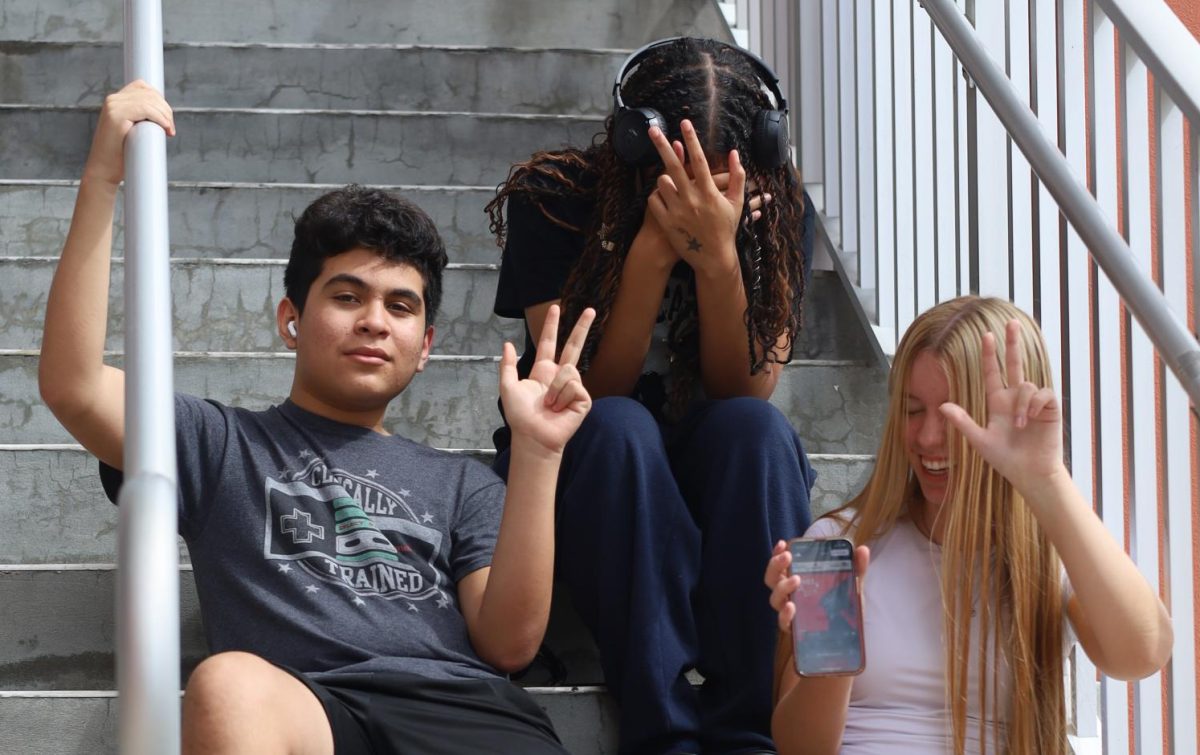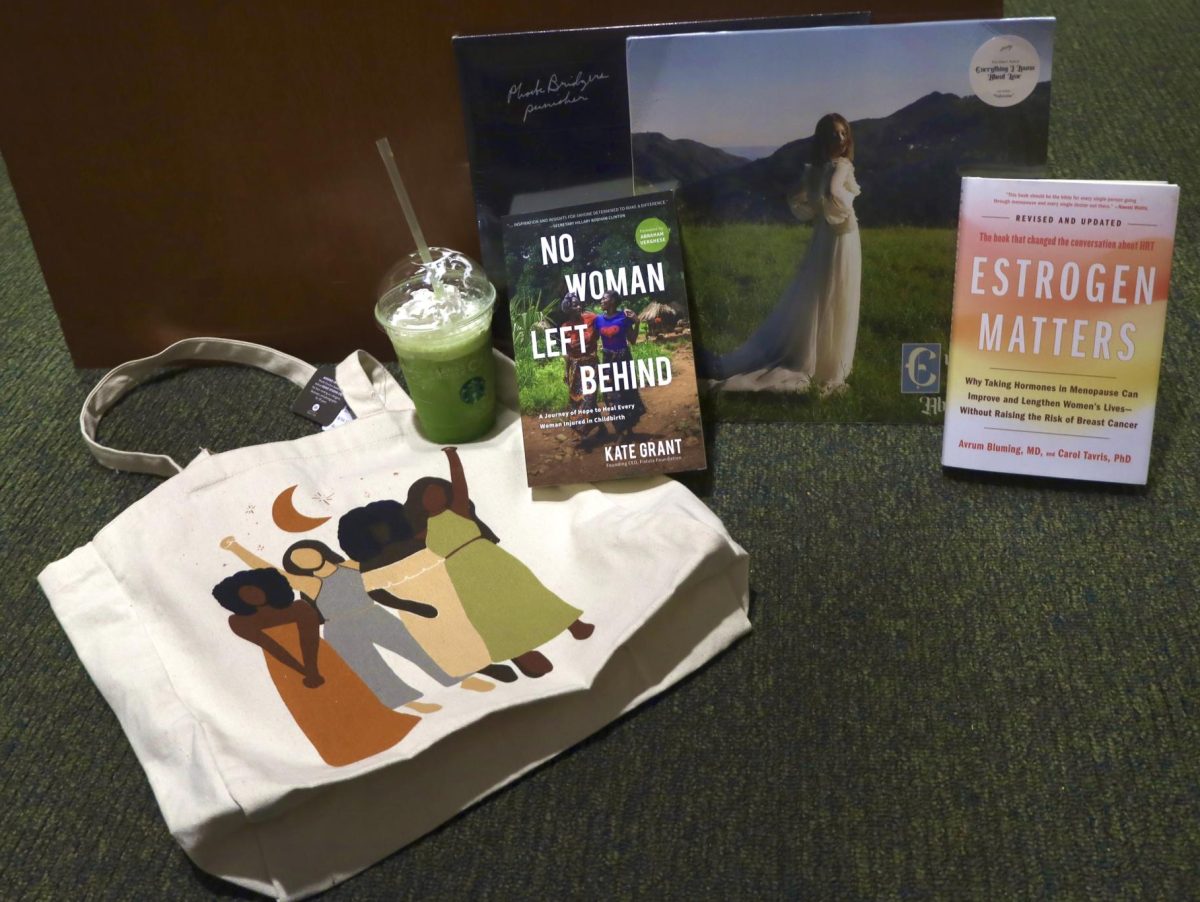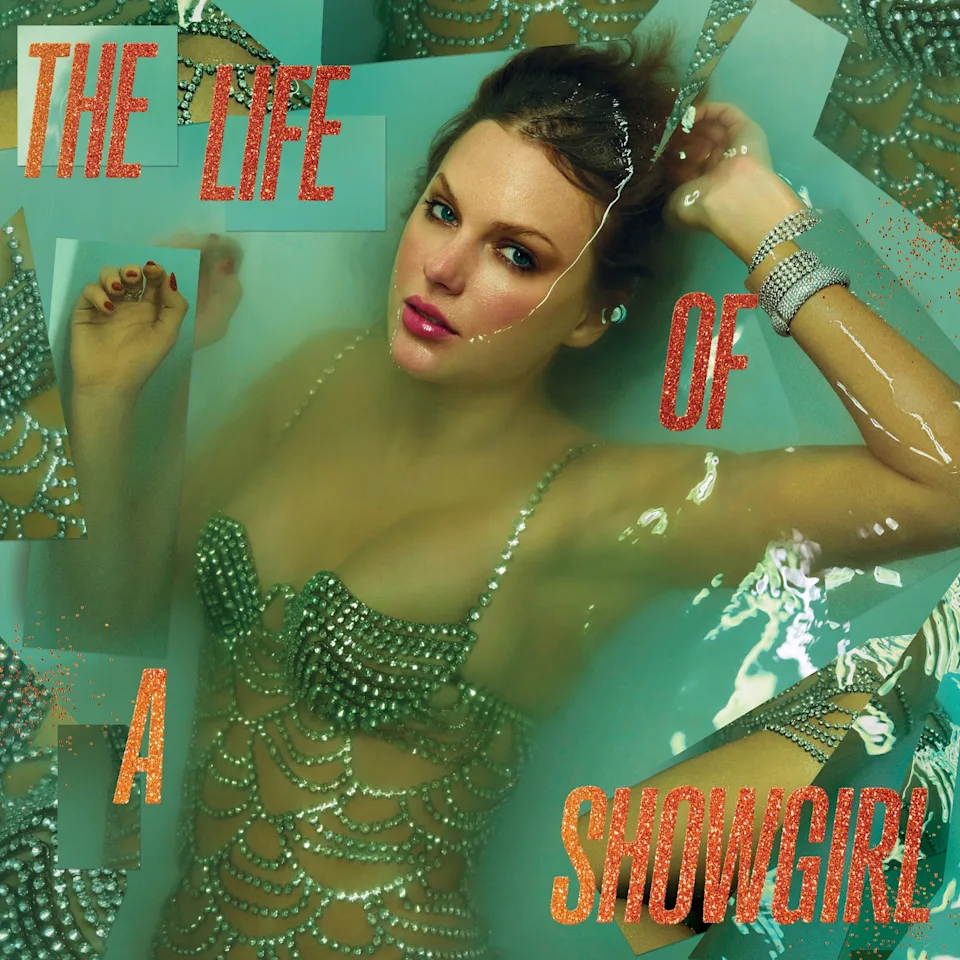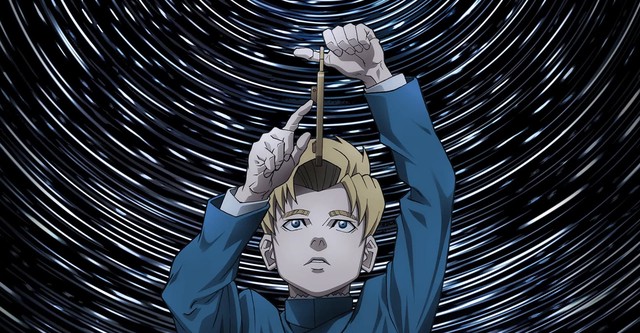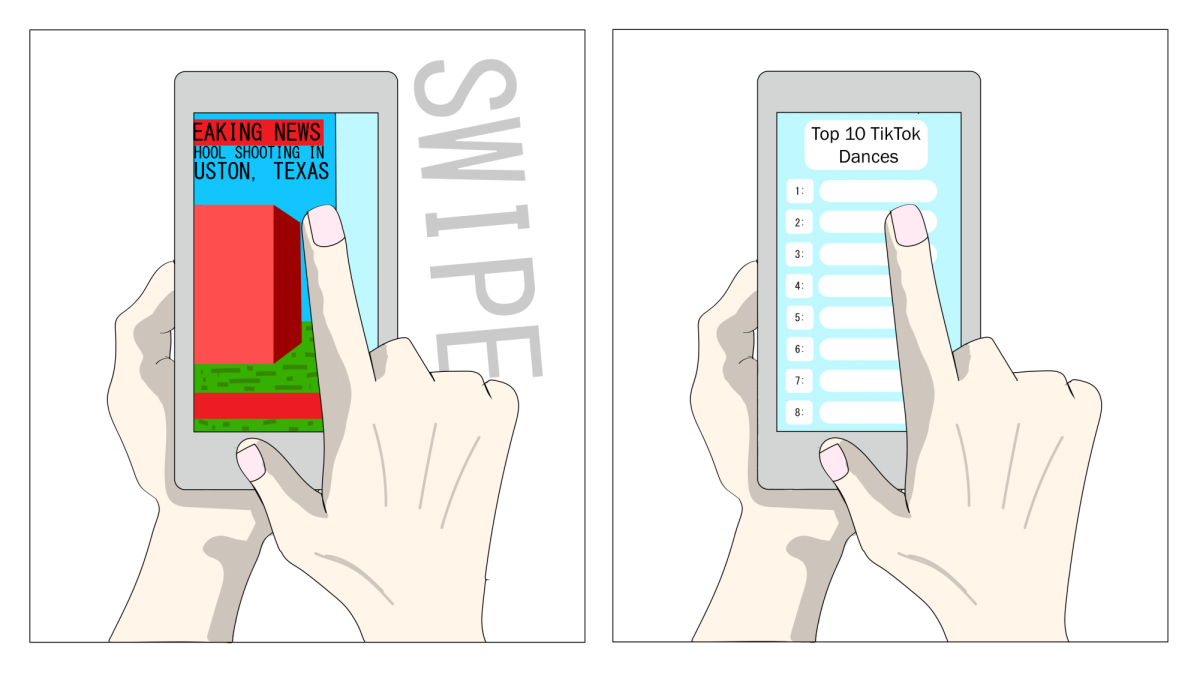There is a downward trend in the quality of reality TV, as the genre doesn’t seem realistic at all. I’m a teenage girl I can’t be expected to sit through three-hour-long premiere episodes?
Like me, the majority who used to enjoy these shows, most notably The Bachelor franchise, now feel as though they are too boring and lack anything to set them apart.
Ahhhh, if only there was a dating reality TV show that was centered around shorter drama-packed episodes. One where contestants were constantly being filmed throughout their entire stay at the villa and six episodes were aired a week. But wait, all of these thoughts can be answered with one spectacular show—Love Island.
Originally becoming popular in the United Kingdom, Love Island is a reality dating show centered around wannabe Instagram models who come to the villa to “find love.” Love Island has daily episodes of new content throughout the summer from June to August, airing six episodes weekly (seven if you include unseen bits and a blooper reel of funny islander moments not shown during the other episodes); keeping viewers glued to their screens.
Due to the series’ overwhelming success, Love Island branched out, creating Australian and American spin-offs which are the most popular of the bunch, along with 25 spin-offs in various other countries. This series has fixed what everyone has craved from reality TV—that it’s (somewhat) real.
The islanders are kept in their luxurious villas and are confined there for two months, unless you are hated and dumped from the villa by the public. The outlandish nature of this show combined with challenges, overall drama, and my favorite segment, “Casa Amor.” This occurs at the half-way point of the season, and the boys and girls are split and taken to two new villas for a few days to meet brand new people to pursue them. The original islanders are then faced with a choice: Do they stay with who they were coupled up with before “Casa,” or try something out with a new potential flame?
This makes for excellent TV, as the islanders ultimately break down after their scummy partners decide to start something new with the “Casa” girls or boys. This twist is definitely one of the high points of the show, and is a complete surprise to the islanders when it happens, creating overwhelming drama, making it a delightful, entertaining, although sometimes predictable watch. Within days of entering the villa, islanders gain millions of followers and become beloved UK celebrities. The US version, which currently has five seasons, still has yet to take off, but Love Island adding a brand new spin-off to the franchise—Love Island Games—could give it the spark it needs.
Produced by Peacock, the goal of this series is to take beloved stars from the UK, Australian, and American versions of the show and put them back in the villa again. You can’t have to much of a good thing, right?
And if that isn’t enough, a similar concept is also in the works with ITV, the UK version’s production company, called Love Island All-Stars, coming this winter. Personally, I know I will be seated for both shows. This type of reality TV is a favorite, as it includes messy, chaotic scenarios that can only be compared to that of Jersey Shore and Vanderpump Rules, some of the other classics that I am constantly rewatching.
All in all, viewers can only hope that the ingredients that made Love Island work to save the stagnant genre. In a digital age with so much media to consume, it personally takes a lot for me to press play on a show. Shows like The Bachelor and its spin-offs are still fun to indulge in from time to time, but ultimately they have become boring and bland, with nothing to set them apart from the multitude of other reality dating shows viewers can now choose from. It’s necessary for shows to change things up when something isn’t working or becomes stale, reality TV showrunners need to take a page out of Love Island’s book.


